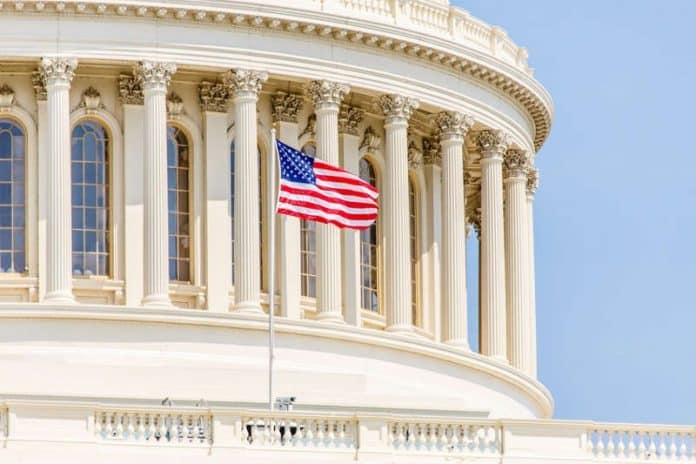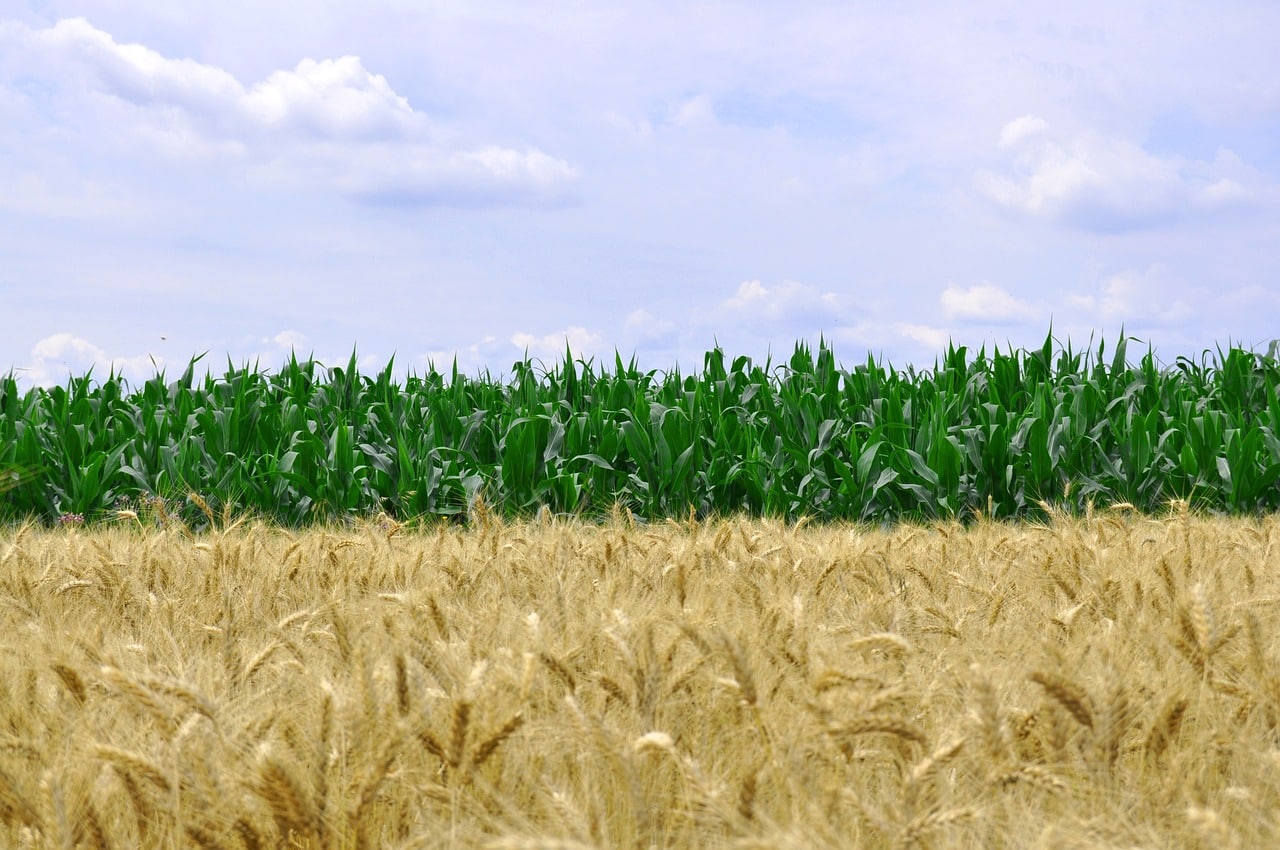On March 6, the USDA released a report titled “More and Better Choices for Farmers: Promoting Fair Competition and Innovation in Seeds and Other Agricultural Inputs,” which includes recommendations for improving market fairness for the seed sector, according to a release. USDA is immediately acting on three points:
- The USDA Agricultural Marketing Service (AMS) is setting up a new Farmer Seed Liaison, which will deliver on report recommendations, specifically to boost transparency and reduce confusion in a complex seed system by facilitating communication between farmers, plant breeders and the patent system.
- The USDA and the U.S. Patent and Trademark Office (USPTO) are forming a working group on intellectual property (IP) and competition in seeds and other agricultural inputs, where USDA and USPTO, in partnership with the Department of Justice and the Federal Trade Commission, will work to promote fair competition in the seed market.
- Additionally, the USDA AMS is releasing a Notice to Trade regarding compliance with disclosing the kind and variety of seeds under the Federal Seed Act. This is to ensure that farmers and seed businesses should know the kind and variety of seed they’re getting from producers. USDA will also expand FarmerFairness.gov to enable farmers and seed businesses to report tips and complaints related to competition in the seed markets.
In addition, the report underscores the importance of public investment in plant breeding to promote competition and enable farmers to better adapt to local and regional needs, the release says.
“Under President Biden’s leadership, USDA is laser-focused on standing up for America’s farmers and ranchers by expanding processing capacity, creating fairer markets, and more revenue streams and market opportunities, which helps bring down food costs for families at the grocery store,” Agriculture Secretary Tom Vilsack said in the release. “Today’s investments and actions to back the startup and expansion of independent processing capacity and boost market fairness in seeds and other key agricultural inputs will promote competition, support producer income, strengthen the supply chain, and increase economic opportunity in rural communities.”
This report follows the USDA’s commentary period for the impacts of concentration, market power and intellectual property in the market for seeds and other agricultural inputs last June. This report was compiled by the USDA AMS and the University of Wisconsin to summarize the finding in the report and reflects significant consultation across the USDA, USPTO, Department of Justice Antitrust and the Federal Trade Commission.
“The report focuses on three ways to provide more and better seed choices to farmers: 1) working with the U.S. Patent and Trademark Office to enhance robust and reliable intellectual property rights that appropriately take into consideration the farmer’s and plant breeder’s voice and expertise, 2) ensuring that seed businesses are engaged in fair competition and are not unfairly taking advantage of market power, and 3) investing in the critical national infrastructure of more diverse seed variety development and stewardship to address local and regional food system needs and build greater resiliency into our food supply chains,” the release adds.
Seed Sector Reactions
As for the seed sector, associations are carefully reviewing the report from the USDA and the changes to the seed sector that will accompany it.
For the American Seed Trade Association (ASTA), keeping in mind the complex system that makes up the seed sector is important.
“ASTA is carefully reviewing the Executive Order report released by USDA today regarding the seed industry and intellectual property. While we can’t speak to the intricacies of the input received and the recommendations made, we can say that from a seed innovation and competition level, the American seed industry is second to none globally,” says Andy LaVigne, CEO of ASTA. “The seed sector spends an incredible amount on research, development and distribution of seed to ensure that America’s farmers have the strongest, most resilient seed in order to meet the numerous challenges the American farmer faces every crop season. It is important to keep in mind that the U.S. seed industry is highly specialized and diversified with hundreds of varieties per crop species, involving hundreds of regional and independent seed companies across the country, producing seed, including field crops, flowers, vegetables, forages, turf, and conservation seed.
“Seed production is a high-risk, research-intense, capital-heavy investment, during which seed companies are subject to the same unpredictable environmental and economic pressures as all farmers. This long-term investment is only enabled by strong IP protections. When it comes to biotechnology, in particular, the unfortunate reality is high regulatory burdens have impacted the diversity and competitiveness of the U.S. seed sector. The resource intensiveness, in terms of time and cost, of the biotechnology traits regulatory process in the U.S. and globally is a barrier to entry for small or medium sized entities, public or private, to bring new biotechnology traits to the marketplace, especially those entities working with lower acreage crops and perennial plant species. This is why it’s so important, as we look to the potential of new breeding tools like gene editing, that the U.S. government enacts clear, risk-proportionate and predictable policies that encourage a wide diversity of innovators to enter the market.
“We will carefully study the report and provide Secretary Vilsack feedback on our thoughts, concerns and potential solutions to the issues raised and the actions proposed,” LaVigne says.
For the Independent Professional Seed Association (IPSA), the association’s excited to see what the future may hold for competition in the seed sector.
“IPSA is glad to see the USDA highlighted its stance on IP and competition in the complex seed marketplace,” says Todd Martin, CEO of the IPSA. “We look forward to the interagency coordination between USDA, USPTO, the Department of Justice, and Federal Trade Commission to promote fair competition in the seed industry.”
More information on the USDA report is available on the AMS Fair and Competitive Markets webpage.












